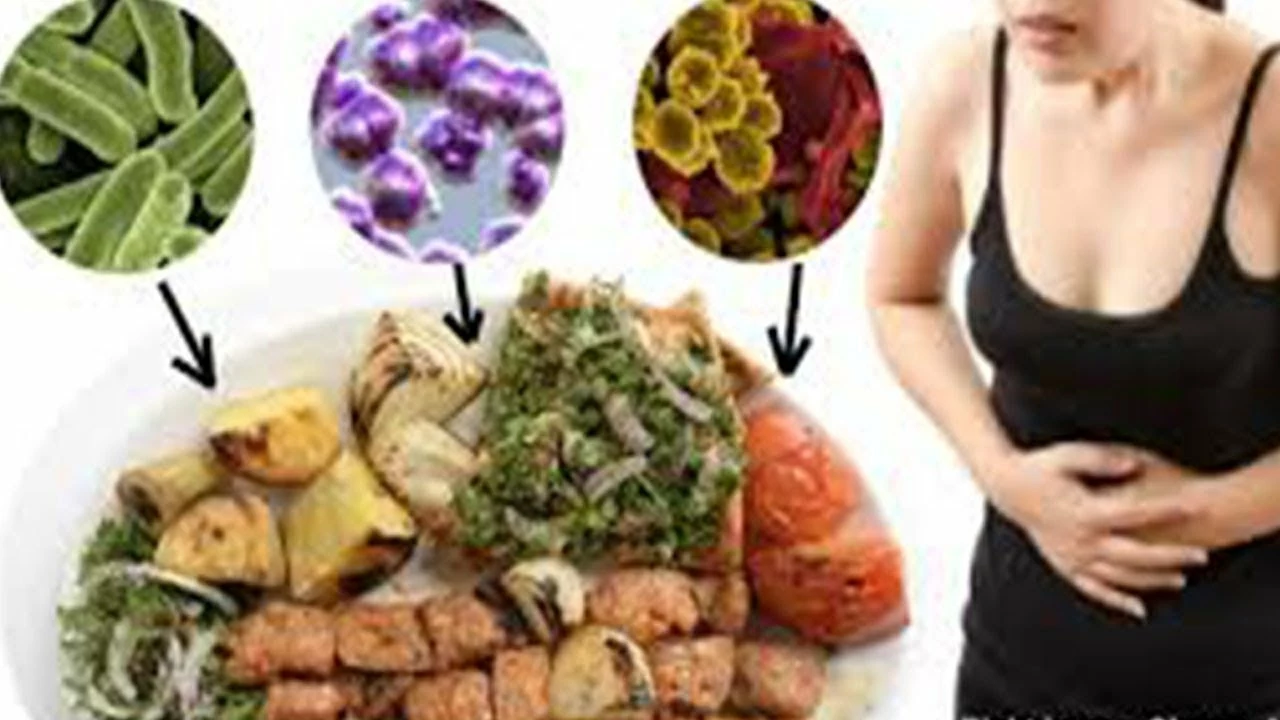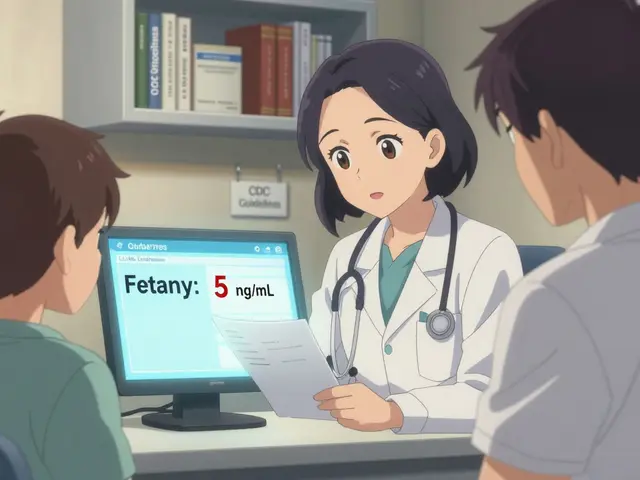Understanding Food Poisoning
Food poisoning is a common health issue that affects many people worldwide. It occurs when you consume food or drink that has been contaminated with harmful bacteria, viruses, or parasites. The symptoms of food poisoning usually kick in within hours of eating the contaminated food and may include nausea, vomiting, diarrhea, abdominal pain, fever, and fatigue. The severity of the symptoms can vary depending on the type and amount of contaminant consumed.
It's worth noting that not all food poisoning is the result of eating spoiled or rotten food. Even fresh and properly cooked food can cause food poisoning if it's been contaminated during preparation or storage. Therefore, it's essential to handle food properly to reduce the risk of food poisoning.
What is Gastroenteritis?
Gastroenteritis, often referred to as the 'stomach flu', is an inflammation of the stomach and intestines. It can be caused by a variety of factors, including bacterial, viral, or parasitic infections. The primary symptoms of gastroenteritis are very similar to those of food poisoning, including nausea, vomiting, diarrhea, abdominal pain, and fever. However, gastroenteritis symptoms tend to be more severe and longer-lasting.
It's important to note that while gastroenteritis is often referred to as the stomach flu, it's not caused by the influenza virus. The term 'stomach flu' is simply a common name for gastroenteritis.
The Link Between Food Poisoning and Gastroenteritis
Food poisoning and gastroenteritis are often confused because their symptoms are so similar. However, they are not the same thing. Food poisoning is caused by consuming contaminated food, while gastroenteritis is an inflammation of the stomach and intestines that can be caused by a variety of factors.
That said, food poisoning can lead to gastroenteritis. When harmful bacteria, viruses, or parasites enter your digestive system through contaminated food, they can cause inflammation in your stomach and intestines, leading to gastroenteritis. Therefore, it's fair to say that food poisoning is one of the most common causes of gastroenteritis.
Preventing Food Poisoning and Gastroenteritis
Preventing food poisoning and gastroenteritis primarily involves practicing good hygiene and food safety. This includes washing your hands thoroughly before and after handling food, cooking food to the right temperatures to kill harmful bacteria, and storing food properly to prevent contamination.
It's also important to avoid consuming raw or undercooked meat, poultry, eggs, and seafood, as these are common sources of foodborne illness. Drinking water should be clean and free from harmful microorganisms. Remember, when in doubt about the safety of a food item, it's better to err on the side of caution and not eat it.
Treatment Options for Food Poisoning and Gastroenteritis
While food poisoning and gastroenteritis can be uncomfortable and even frightening, they are usually not life-threatening and can be treated at home. The primary treatment for both conditions is to rest and stay hydrated. Drinking plenty of water and oral rehydration solutions can help replace lost fluids and electrolytes.
If symptoms are severe or persist for more than a few days, it's important to see a doctor. Medical treatment may involve the use of antibiotics or antiviral medications, depending on the cause of the illness. In severe cases, hospitalization may be required for intravenous fluid and electrolyte replacement.
The Long-Term Effects of Food Poisoning and Gastroenteritis
While most people recover from food poisoning and gastroenteritis without any long-term effects, these illnesses can be serious and even deadly in some cases. People with weakened immune systems, such as the elderly, young children, and those with chronic illnesses, are at higher risk of complications.
In rare cases, food poisoning can lead to more serious conditions, such as kidney failure, chronic arthritis, and brain and nerve damage. Likewise, severe or prolonged cases of gastroenteritis can cause malnutrition, dehydration, and other serious complications.
When to Seek Medical Help
If you or a loved one has symptoms of food poisoning or gastroenteritis, it's important to seek medical help if symptoms are severe, last for more than a few days, or if the person is at high risk of complications. This includes the elderly, young children, pregnant women, and people with chronic illnesses or weakened immune systems.
Remember, while food poisoning and gastroenteritis can often be treated at home, they can also be serious and potentially life-threatening illnesses. Therefore, it's always best to seek medical advice if you're in doubt.
Conclusion: The Connection Between Food Poisoning and Gastroenteritis
In conclusion, while food poisoning and gastroenteritis are two different health issues, they are closely linked. Food poisoning, caused by consuming contaminated food, can lead to gastroenteritis, an inflammation of the stomach and intestines. Both illnesses are common and can usually be treated at home, but they can also be serious and even life-threatening in some cases. Therefore, practicing good hygiene and food safety is crucial to preventing these illnesses.





Comments (13)